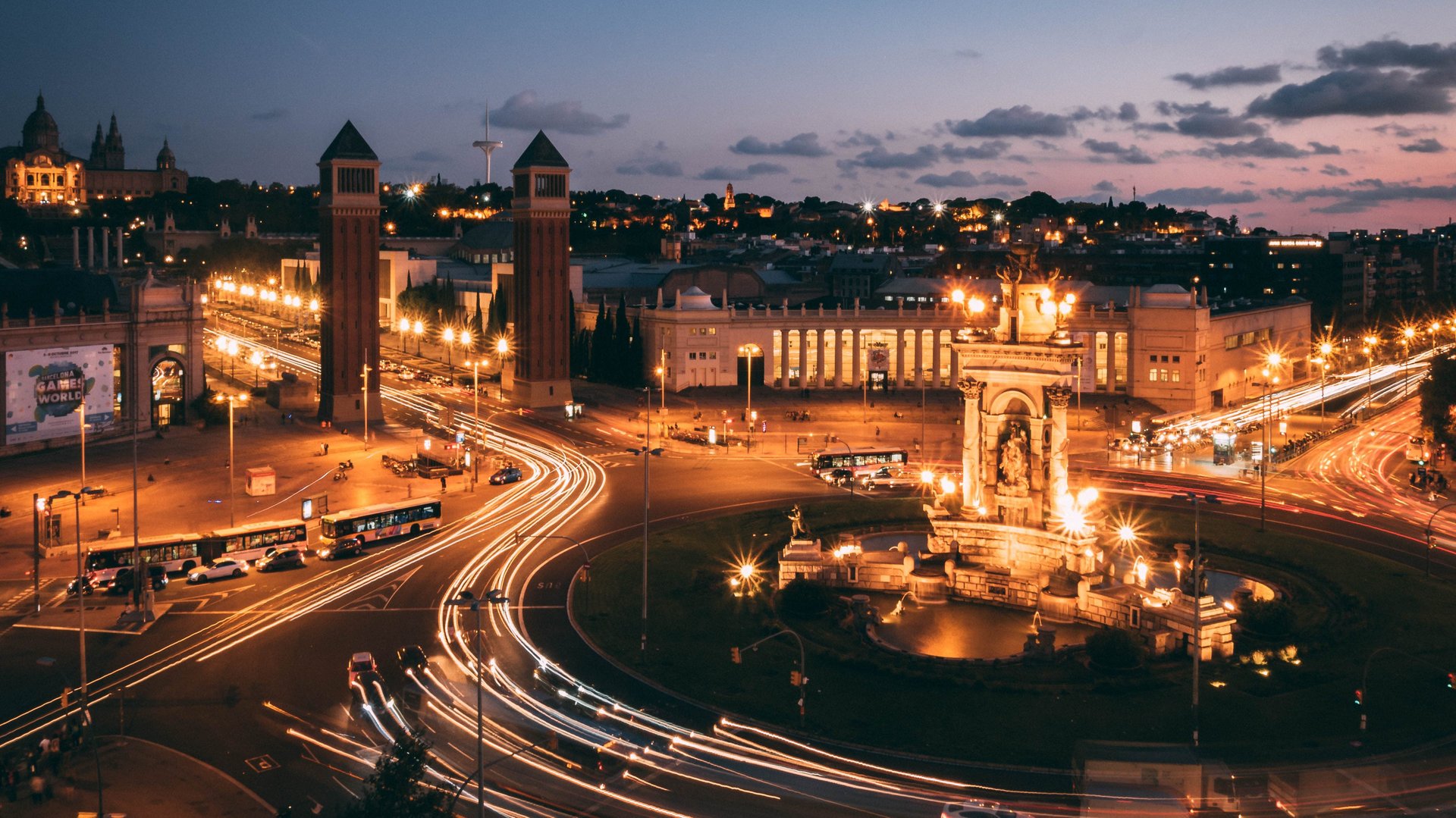Siemens wants to make your city work as well as your washing machine
Most people probably think about home appliances or power plants when they consider the German powerhouse, Siemens AG. In the last few years, however, the company has moved into various digital data businesses, including targeting city governments for its services.


Most people probably think about home appliances or power plants when they consider the German powerhouse, Siemens AG. In the last few years, however, the company has moved into various digital data businesses, including targeting city governments for its services.
Siemens actually has an executive with the title, head of urban development, who leads something called the Global Center of Competence for Cities. Quartz sat down with Martin Powell to chat with him about what Siemens can do to make the lives of city dwellers more hospitable. When the company begins a partnership with a city, Powell’s team gathers data on its energy efficiency, transportation, and pollution. The team then works with other Siemens divisions to implement the technologies it believes will make the city run more smoothly.
This interview has been edited for clarity and brevity.
Quartz: Just what does Siemens do in the urban development division?
Martin Powell: We exist to aggregate all of Siemens products and show what our impact would be in one urban center. We run globally a $5 billion business across 70 cities around the world, where we have dedicated people to take data and really look at how we can make those cities better places to live and work. A lot of that comes from improving the infrastructure that’s there and using automation and digitalization to speed up the improvements that are needed due to the pressures of urbanization, demographic change, climate change, and other big megatrends.
We do this because we feel that cities are led to make bad decisions because they’ve been given bad information. We want to help cities make better decisions and make better technology choices.
Why is Siemens uniquely placed to modernize cities?
We have a world class facility in London where we house our Center of Competence for Cities. We have 70 dedicated city directors globally. Our mission is to use these people and this group to focus all the good things we do with our technology on what a city needs to compete and thrive in today’s world.
There are a lot of companies that offer software solutions. But there are 60 cities in India that are currently half a million people, which in the next 10 years, are going to become one million. I can tell you that there isn’t a software solution on the planet that’s going to enable them to do that. You have to build energy infrastructure, mobility infrastructure, roads, all of it to cope with that growth. Then you need to connect it.
What Siemens does really well is we do the actual kit. Then we take the data from that kit and any other third party and connect it on a common platform. Then we create applications that really make the infrastructure work to the absolute maximum of their capability. Our financial services guys are able then to look at financing infrastructure but also know what the technology is capable of achieving.
What is your greatest worry about city development?
I love cities. I worked for the former mayor of London, and I see what makes cities work and not work. You see everything in cities: You see people that are in poverty, you see pollution hotspots that are killing people. And if you use data properly, you can really fix it and make it work. You have the ability to bring people out of poverty by making, for example, their energy bills cheaper or the air they breathe cleaner so that they can live longer and thrive better and enjoy life.
My biggest worry is that we—we being society—won’t act quickly enough on the short term things that will have an immediate improvement on our lives.
From a Siemens point of view, my biggest worry is that there are a lot of startup companies that are going into the software space that think that software’s going to solve this issue. It’s not. It is this combination of real technology, real investments, and the data coming up with the right solution. My fear is that these smaller companies will come along and profess that they do these things cheaper, but they’re not really offering what’s needed.
What is the greatest opportunity?
I wouldn’t have worked for the mayor of London running environment and energy if I wasn’t completely passionate about our environment. If you look at the megatrends—urbanization, climate change—and you look at the impact on cities, you see it in Beijing, you see it in Moscow: These cities have come to a standstill. People are moving there, populations are growing, and quality of life is going down, they’re getting more expensive.
The reason people come to cities is for employment, but also for a life. So my personal mission is I want to see people be able to travel around, breathe clean air, reduce our emissions and keep the planet breathing and living for generations to come. We all have a responsibility.